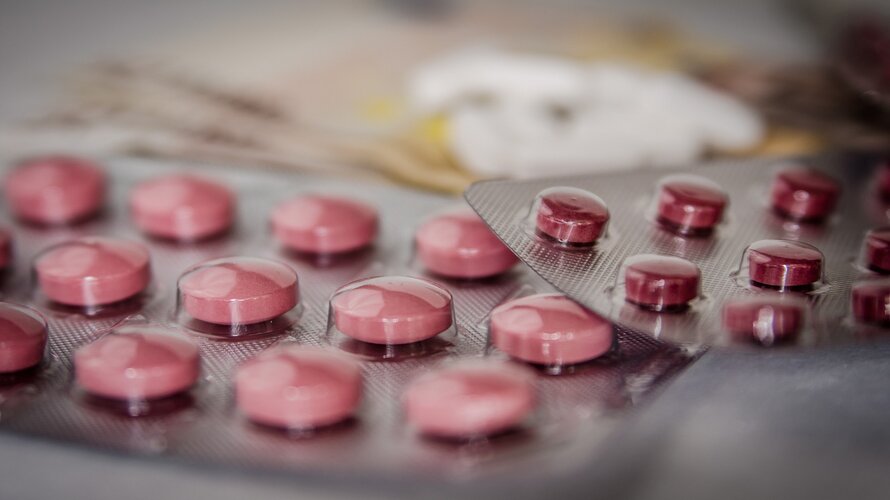NMN or nicotinamide mononucleotide is a safe and well-tolerated dietary supplement. Our bodies produce NMN in small amounts and use it to make NAD+, an energy molecule.
Supplementing our bodies with more energy is great for longevity, as well as for our day-to-day lives. However, can more energy from NMN result in our cells multiplying more and causing cancer? It cannot. Keep reading and find out more.
NMN supplementation for healthy individuals
NMN is a good supplement to consider if you want to up your energy levels and fight the aging battle. Some of the major advantages of NMN for healthy individuals are:
- NMN raises NAD+ levels in blood,
- NMN works very quickly,
- NMN increases muscle responsiveness and drowsiness in older age,
- NMN increases aerobic capacity during training.
You can read more about the benefits of NMN here.
None of the safety research currently claims that NMN increases the risk of cancer in healthy individuals. Moreover, NMN is considered very safe for regular use.
NMN supplementation for cancer patients
Cancer is a very complex disease that grows and develops from our cells. Therefore, it can be difficult to understand and treat. The main property of cancer is that it grows and spreads uncontrollably. Here is where NMN comes into the picture: by supporting energy production, it might be able to push cancer growth even more. However, it does not in fact increase the risk of cancer!
Research shows that there are two main ways in which NMN could possibly influence cancer development. First is, of course, increasing the amount of NAD+ inside the cancer cells, which can help them grow and survive.
The second way is the inhibition of cancer growth. NMN can bind to certain proteins that control the cell cycle and stop the cells from dividing. Therefore, NMN can also help during radio- or chemotherapy used to treat cancer.
Current research on NMN and cancer
Most of the research done on NMN and cancer had cell models or mice as experimental models. Usually, the mice are genetically engineered to develop strong and aggressive cancers, which is not comparable to all cancers everywhere.
Several studies are showing that NMN supplementation increases cancer development in mice and cell models (1, 2). Some more studies found the opposite effect, where NMN actually suppressed cancer growth (3, 4). What is even more positive, NMN supplementation made immuno- and chemotherapy more effective for mice suffering from cancer (5, 6). There are not any finished clinical studies done on human cancer patients so far.
Conclusion
NMN is a safe and effective supplement for healthy individuals. There is currently no research that shows NMN can cause cancer in healthy people. Even in cancer models (mice and cells), NMN has inhibited cancer growth instead of pushing it. However, more research is needed.
Literature:
1. Wilk A, Hayat F, Cunningham R, Li J, Garavaglia S, Zamani L, Ferraris DM, Sykora P, Andrews J, Clark J, Davis A, Chaloin L, Rizzi M, Migaud M, Sobol RW. Extracellular NAD+ enhances PARP-dependent DNA repair capacity independently of CD73 activity. Sci Rep. 2020 Jan 20;10(1):651. doi: 10.1038/s41598-020-57506-9.
2. Palmer RD, Vaccarezza M. Nicotinamide adenine dinucleotide and the sirtuins caution: Pro-cancer functions. Aging Med (Milton). 2021 Nov 30;4(4):337-344. doi: 10.1002/agm2.12184.
3. Zhang M, Cui J, Chen H, Wang Y, Kuai X, Sun S, Tang Q, Zong F, Chen Q, Wu J, Wu S. High-Dosage NMN Promotes Ferroptosis to Suppress Lung Adenocarcinoma Growth through the NAM-Mediated SIRT1-AMPK-ACC Pathway. Cancers (Basel). 2023 Apr 23;15(9):2427. doi: 10.3390/cancers15092427.
4. Feng Pan, Shifei Kang, Yanfeng Zhao, Lei Dai, Qi Shao, Yang Yang, Qiankun Chen, Junjie Zhu and Lifeng Cui. Effect of β-nicotinamide mononucleotide on tumor formation and growth in a lung cancer mouse model. Materials Chemistry Frontiers 2021, 2.
5. Lv H, Lv G, Chen C, Zong Q, Jiang G, Ye D, Cui X, He Y, Xiang W, Han Q, Tang L, Yang W, Wang H. NAD+ Metabolism Maintains Inducible PD-L1 Expression to Drive Tumor Immune Evasion. Cell Metab. 2021 Jan 5;33(1):110-127.e5. doi: 10.1016/j.cmet.2020.10.021.
6. Wang Y, Wang F, Wang L, Qiu S, Yao Y, Yan C, Xiong X, Chen X, Ji Q, Cao J, Gao G, Li D, Zhang L, Guo Z, Wang R, Wang H, Fan G. NAD+ supplement potentiates tumor-killing function by rescuing defective TUB-mediated NAMPT transcription in tumor-infiltrated T cells. Cell Rep. 2021 Aug 10;36(6):109516. doi: 10.1016/j.celrep.2021.109516.












